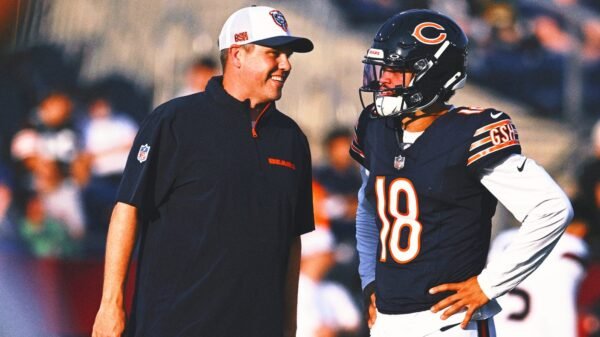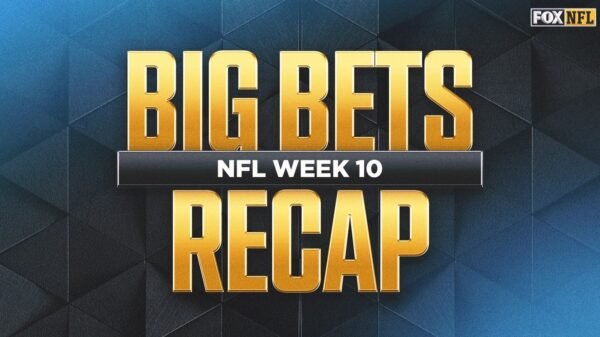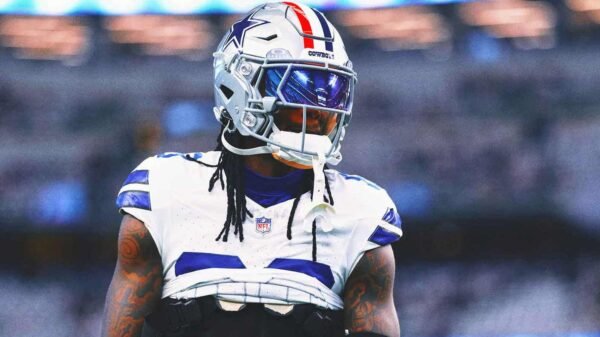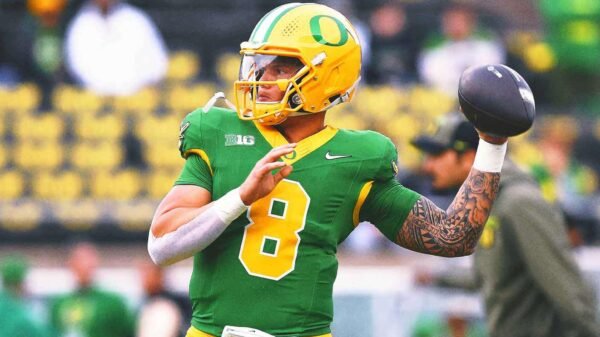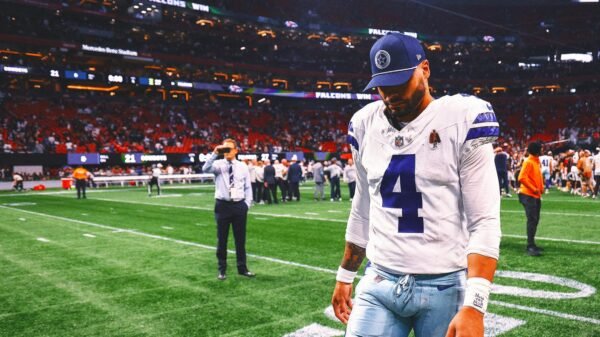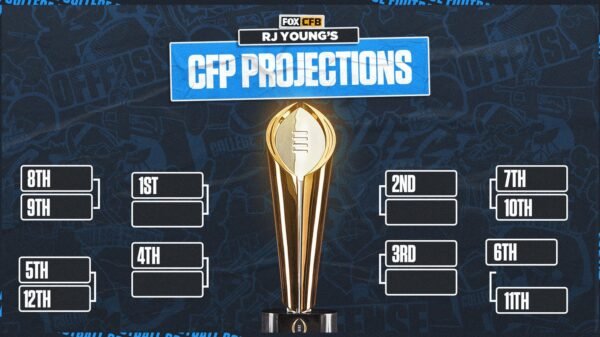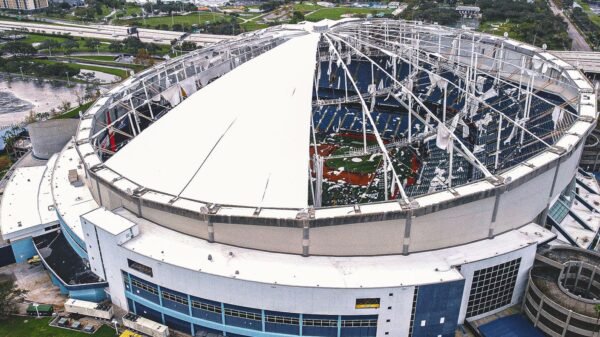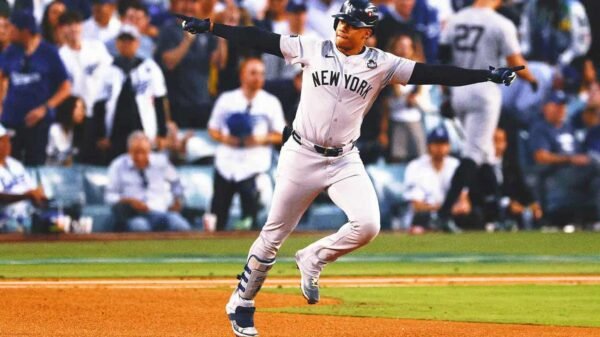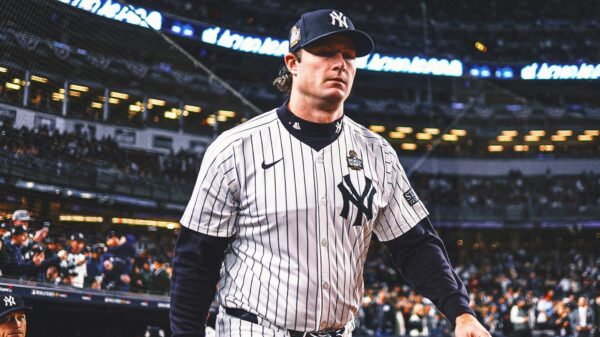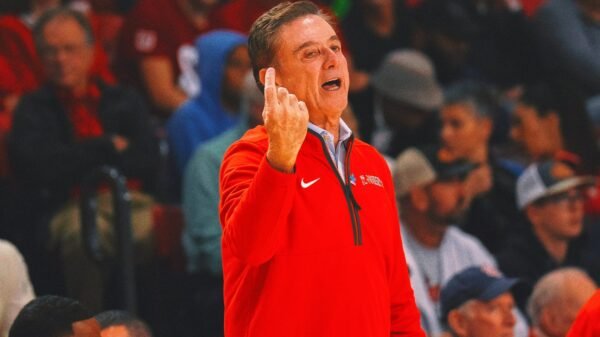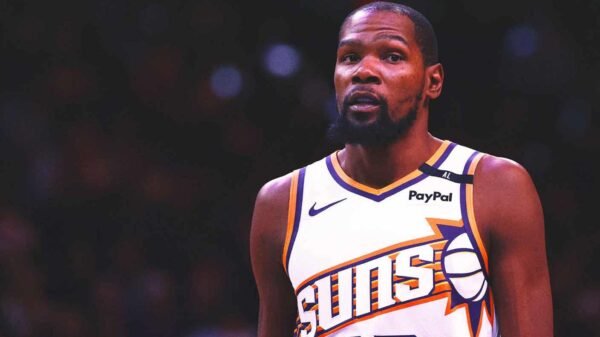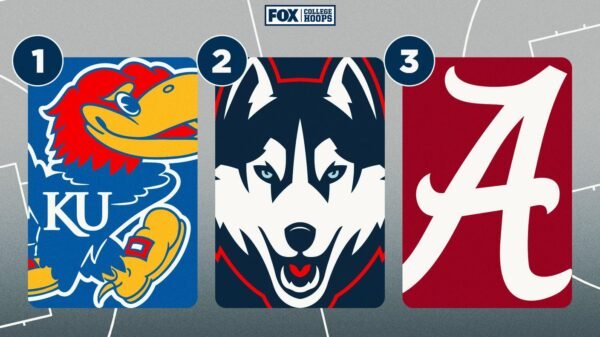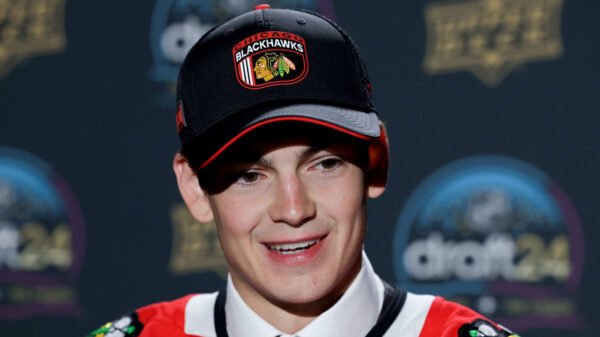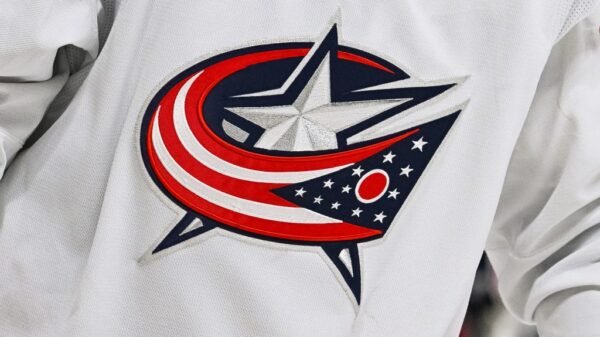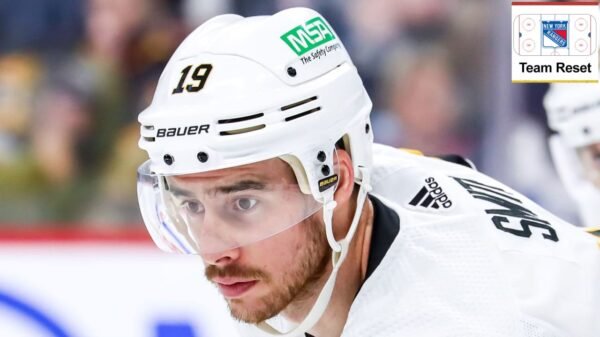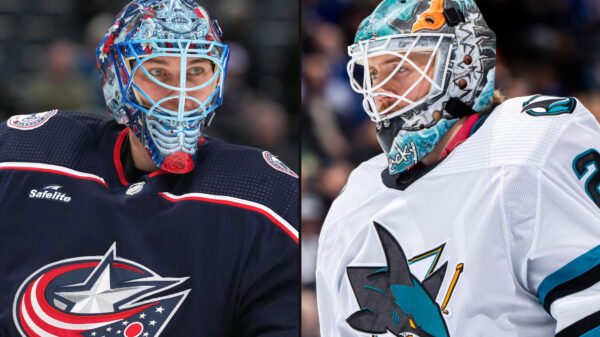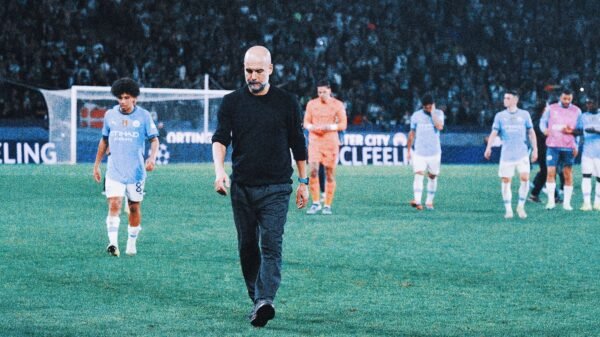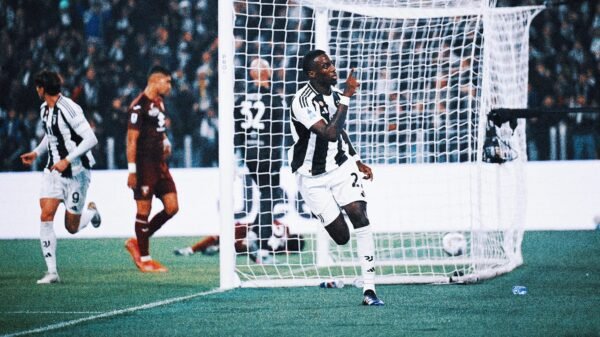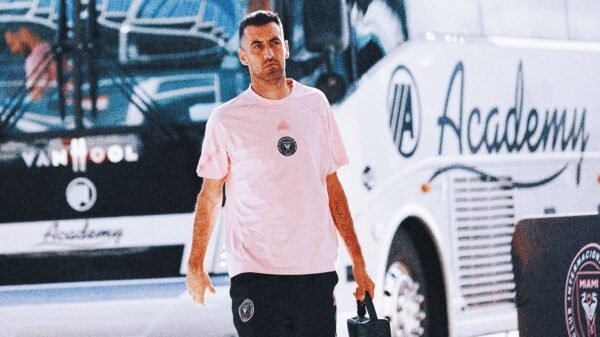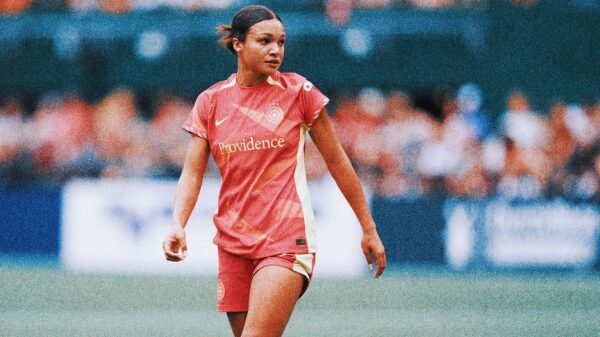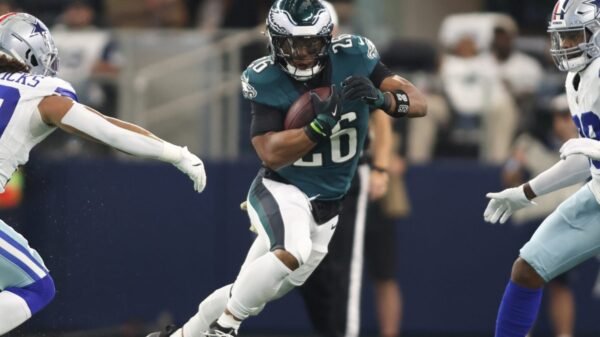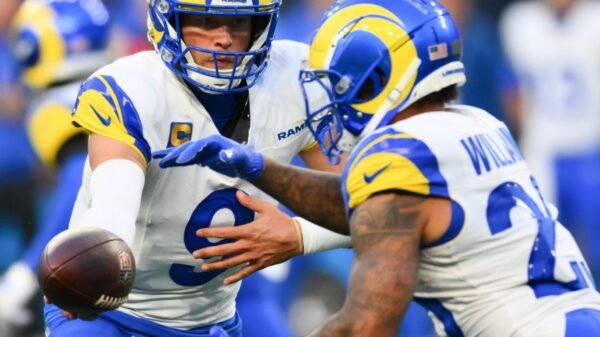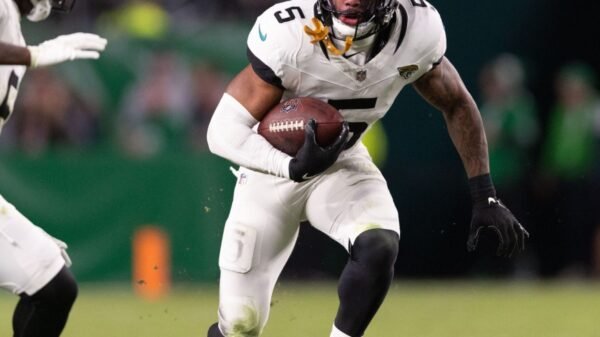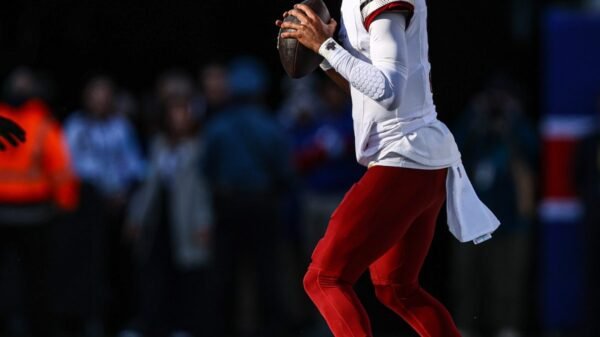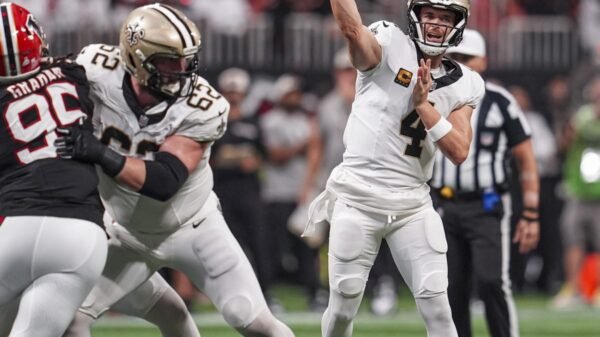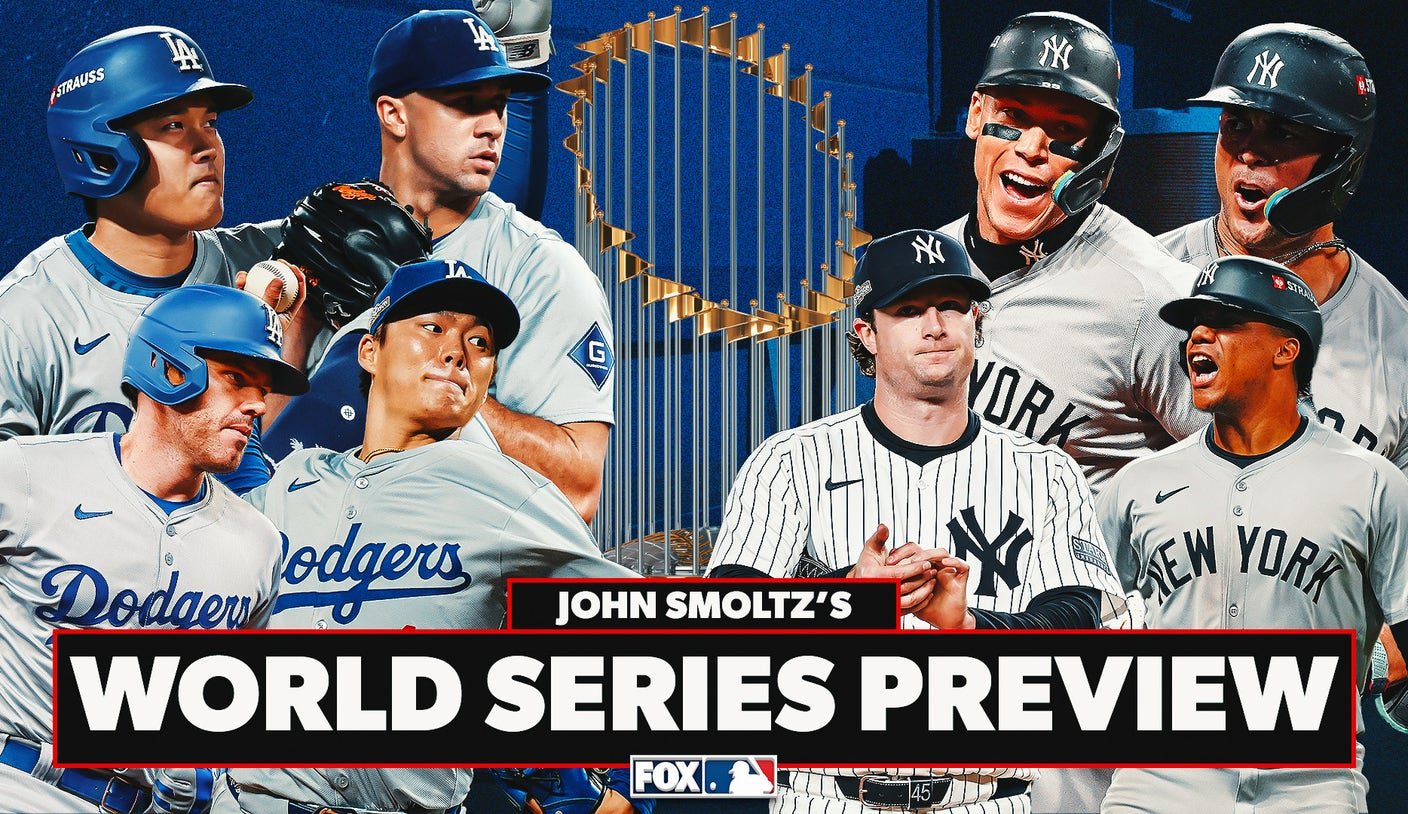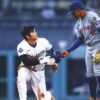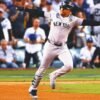How the Yankees and Dodgers should pitch to each other’s stars is a hot topic as they prepare for their first World Series showdown since 1981. John Smoltz, a Hall of Famer who competed in five World Series with the Atlanta Braves, shared insights on this highly anticipated matchup.
Smoltz emphasized the need to be strategic when facing the formidable Giancarlo Stanton, whose postseason performance has been nothing short of impressive. He also discussed how Juan Soto’s addition has transformed the Yankees’ lineup, the relievers he would deploy against Aaron Judge in tight situations, and the lessons New York’s right-handed pitchers could glean from Yu Darvish’s success against Shohei Ohtani. Additionally, he examined which Dodgers starter might effectively counter the Yankees’ patient batting approach.
The analyst for MLB on FOX also shared his thoughts on the Dodgers’ reliance on bullpen games, a strategy likely to persist throughout the series. He pondered whether Yoshinobu Yamamoto should maintain the successful tactics he employed earlier this year in the Bronx and speculated on potential World Series MVP candidates.
Kavner: Giancarlo Stanton is having another big postseason. Why do you think he seems to find another gear in October? How would you go about pitching to him?
Smoltz: When Stanton is healthy and timing his swings well, he stands out as an extraordinary hitter. His strength is remarkable, and it often appears he relies solely on his upper body. However, his legs play a crucial role in his balance. When he’s not in sync, his movements can look erratic. Conversely, when he is balanced, he can hit fastballs at any location, whether high or low. The challenge lies in getting him to chase secondary pitches outside the strike zone; if he doesn’t, he can be a nightmare for pitchers.
Currently, the Yankees are facing an uncertain period due to a longer break, but Stanton remains a key player. For the Yankees to be competitive, the hitters behind Aaron Judge must perform consistently. If those hitters can capitalize on scoring opportunities, Judge will see more pitches to hit. However, if they struggle, pitchers may choose to avoid throwing to Judge altogether.
Fortunately for the Yankees, some players behind Judge have found their rhythm. Although Austin Wells struggled and was moved down in the lineup, the Yankees’ strength lies in their top-heavy batting order, featuring two of the best hitters in the game. When Freddie Freeman is healthy, the Dodgers’ top three hitters can rival, if not surpass, the Yankees’ lineup.
Smoltz: The primary strategy against these hitters is to avoid traffic on the bases. Early in the game, the focus should be on preventing solo home runs while steering clear of multi-run homers. When Soto is on his game, he becomes challenging to pitch to. Judge possesses a unique combination of power and average, making him a formidable opponent. After dealing with Soto, pitchers must be cautious when facing Judge.
However, this approach is not straightforward, especially since Soto and Judge bat back-to-back, regardless of whether the pitcher is right- or left-handed. Soto’s completeness at such a young age and his intense focus on the strike zone make him a game-changer for the Yankees.
Kavner: The Dodgers have done a pretty good job of lining up their high-leverage relievers late in games to attack specific matchups. Who would you plan to use against Judge?
Smoltz: The Dodgers will likely avoid letting any single pitcher face Judge multiple times. This series will feature bullpen strategies again. I believe Evan Phillips’ breaking ball could be effective against Judge, especially since Judge struggles with pitches at the bottom of the strike zone. The effectiveness of this strategy may depend on the umpire’s calls regarding the lower zone.
Blake Treinen also presents a valuable option due to his versatility. Michael Kopech tends to rely on fastballs, but he could exploit Judge with pitches at the top of the zone. Ultimately, the breaking ball remains crucial in getting Judge to swing at pitches outside the strike zone.
Kavner: We saw the Padres have Tanner Scott face Shohei Ohtani late in games in the NLDS, while the Mets didn’t exactly have the kind of left-handed weapon in their bullpen. Do you expect the Yankees to use Tim Hill as a possible Ohtani neutralizer? For their right-handed starters, is there anything they can learn from Yu Darvish’s success against him?
Smoltz: Yes, Tim Hill should play a key role against Ohtani. However, the Yankees’ starting pitchers lack the diverse pitch repertoire that Darvish possesses. Garrett Cole is undoubtedly a top-tier pitcher, but the absence of left-handed options in the rotation complicates matters. If Nestor Cortes is included in the roster, he could be a wildcard against Ohtani, but Hill is the clear choice for that matchup.

Kavner: Which of the Dodgers’ three starting pitchers do you think is best equipped to have success against this very patient Yankees lineup? Is there any matchup you’d give the Dodgers the starting pitching edge in this series?
The Dodgers must use their resources wisely, especially after their successful series against the Mets. However, the close nature of the games in this upcoming series presents a more significant challenge for manager Dave Roberts. He executed his strategy flawlessly in the previous series, but this time, he faces a tougher test where games are unlikely to be lopsided.
Kavner: We know bullpen games can work in a vacuum, but the concern over time is that it’s just not a sustainable method. While Dave Roberts did a good job of making sure the high-leverage guys were well-rested during the NLCS, do you expect the Dodgers’ success with bullpen games to continue in the World Series?
The trend of bullpen games gained traction eight years ago, creating excitement around this new strategy. However, as time has progressed, many relievers have suffered injuries, making this approach unsustainable for the long term. The Dodgers currently have little choice, as injuries have decimated their once-stellar rotation. Initially boasting eight or nine starters, they now find themselves relying on just three. This shift was not part of their original game plan, but it is now essential for their success.
Kavner: Yoshinobu Yamamoto had the best start of his young MLB career against the Yankees earlier this year in the Bronx. When you’ve had success against the team that you’re facing in the postseason, how much did that lift your confidence? Also, were you tempted to attack them the same way, or do you have to find a different way because they’ve already seen it?
If a pitcher is healthy and can replicate their previous success, they should stick to their game plan. However, if circumstances have changed, such as health or the opponent’s adjustments, then modifications may be necessary. A pitcher may choose to change their approach after facing a team multiple times. Smoltz recalled a time when he faced the Cincinnati Reds frequently during the season and then altered his strategy in the postseason, opting to start with a series of fastballs instead of his usual mix.
Ultimately, if a pitcher has previously succeeded, their focus should be on forcing the opposing team to adapt rather than changing their own approach. With Yamamoto starting Game 2, the environment in Los Angeles will differ from the Bronx, and the World Series atmosphere is markedly distinct from regular-season games.
Kavner: I just covered the NLCS where, amid all the Dodgers’ superstars, Tommy Edman ended up being the NLCS MVP. Any predictions right now for MVP of the World Series?
The MVP race will likely be dominated by superstars, but surprises can emerge when lesser-known players step up in critical moments. For the Yankees, Anthony Volpe could shine if he finds himself in key RBI situations. However, one should always keep an eye on players who may not be in the spotlight.
For the Dodgers, Will Smith could emerge as a key player if he continues to build on his recent success. His performance could elevate the Dodgers’ lineup significantly. While the MVP will likely come from the star players, unexpected contributions can make all the difference, much like Edman’s impact in the NLCS.


